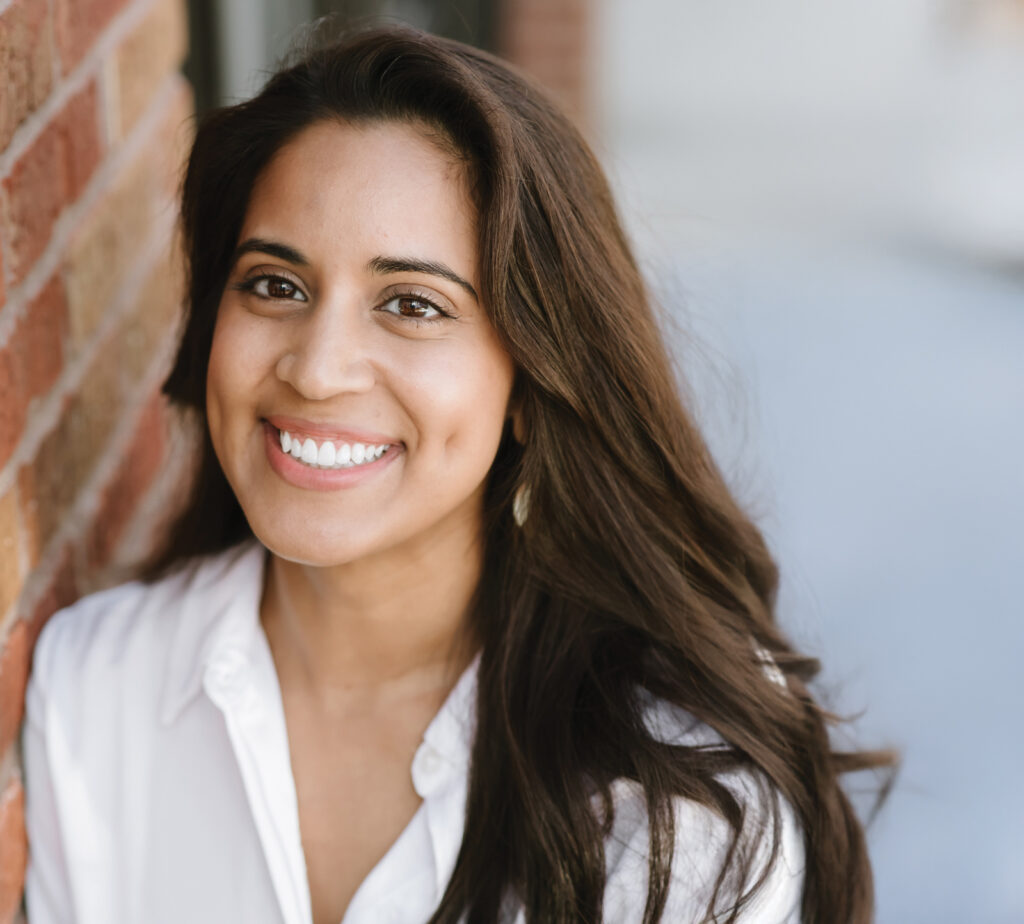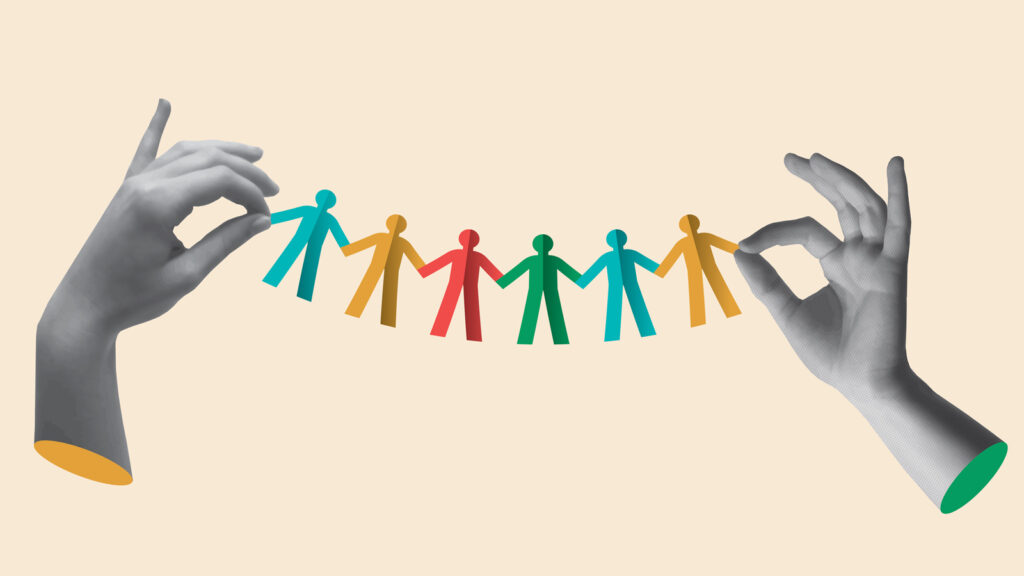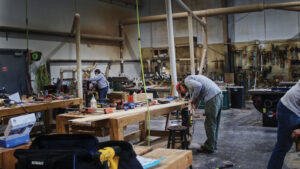As a therapist practicing person-centered therapy, I work to create a space where clients feel safe, valued, and empowered. One of the things I frequently encourage is the importance of relationships and social support, not just in navigating tough times but in enhancing our overall well-being. Time and time again, clients of all ages and stages — those fresh out of college, starting new jobs, or exploring life in their 50s — bring up one common question: How do I meet new people and build meaningful friendships?
This question led me to explore the topic more deeply, realizing that, for many, creating friendships has become more challenging in adulthood. In fact, this topic often surfaces more in therapy sessions than issues like family struggles, sleep difficulties, or even anxiety.
In discussing friendships, I often begin by asking two foundational questions: What does your social support look like and who are the significant people in your life today? The answers reveal much about our emotional landscape, highlighting who we rely on and who brings depth to our lives.
Why Friendships Matter
Studies, like Harvard’s long-term study on happiness, emphasize that social connections contribute to resilience, reduce stress, and even make us more open-minded. In fact, close relationships are often cited as a key factor in reducing depression and anxiety. Beyond the scientific backing, there’s a universal truth: at the end of life, many people regret not spending more quality time with friends and family. Essentially, the people they love the most. Friendships, whether new or old, are powerful antidotes to isolation and can deeply enhance our sense of fulfillment.
The Challenges of Making Friends as an Adult
When we leave structured settings like school, making new connections isn’t as organic. No longer are we surrounded by peers in similar life stages, sharing common schedules and settings. For adults, with packed schedules and responsibilities, spontaneous interactions are rare, and that sense of shared vulnerability often fades. Technology, too, despite connecting us online, can sometimes leave us feeling more isolated.
And many assume that by a certain age, friendships should be established, leading some to feel that seeking new friends makes them seem “incomplete” or “lonely.” Yet, adulthood friendships are very much possible and can be deeply rewarding, at any season or stage of life.
Different Levels of Friendships
Friendships come in various forms, from acquaintances to close, intimate connections. A casual friend—someone you see at gatherings or share common interests with—takes about 50 hours of interaction to form. But a close, deeply connected friend may take 200 hours or establish this depth of closeness. Building such bonds requires time, mutual trust, and shared experiences, but these relationships become foundational to our lives. For those lacking this kind of friendship, I encourage identifying someone you could nurture into this role. This close friend category doesn’t happen overnight but is well worth the investment.
Practical Ways to Make Friends
Building friendships starts with a mindset shift. Instead of wondering, do they want to be friends with me? Try reframing the question to this, who wouldn’t want to be part of my life?
Here are a few steps and options for expanding your social and support circles: Attend social events, host gatherings, connect with a hobby or passion that you have, volunteer in the community, and be inclusive across generations, cultures, and backgrounds.
Friendship: A Lifelong Journey
Ask yourself these questions: What does your social support look like, and who are the people that matter most today? Remember, friendships are not only achievable at any age but also essential for a life well-lived. Invest in these relationships—they’re some of the most beautiful and meaningful parts of our journey. So, I’ll leave you with a thought: Which is more important, the journey or the destination? Maybe it’s about the company you keep.

Sunitha Bosecker is the owner of Sunitha Lea, LLC, as well as a licensed mental health professional.










